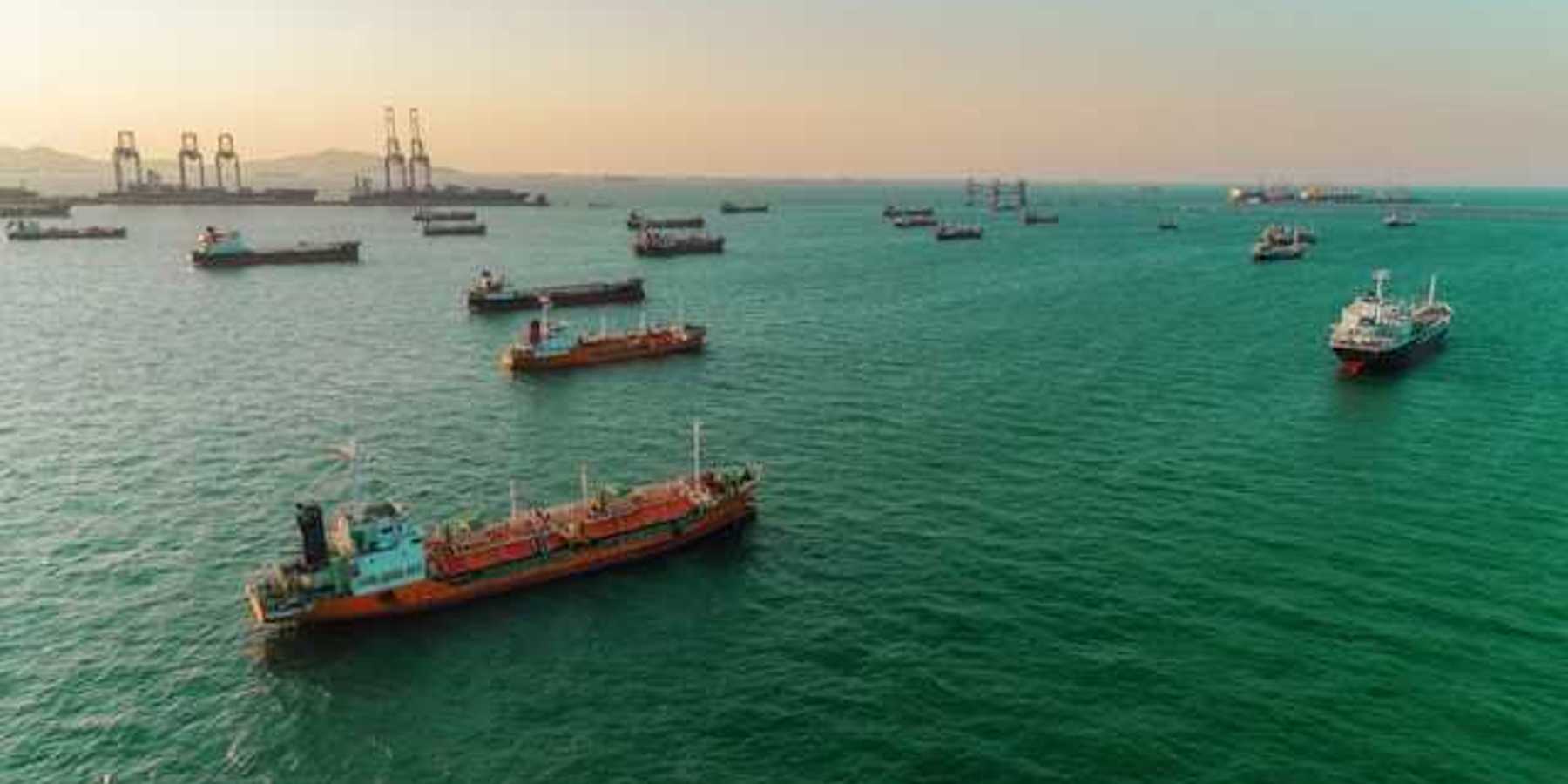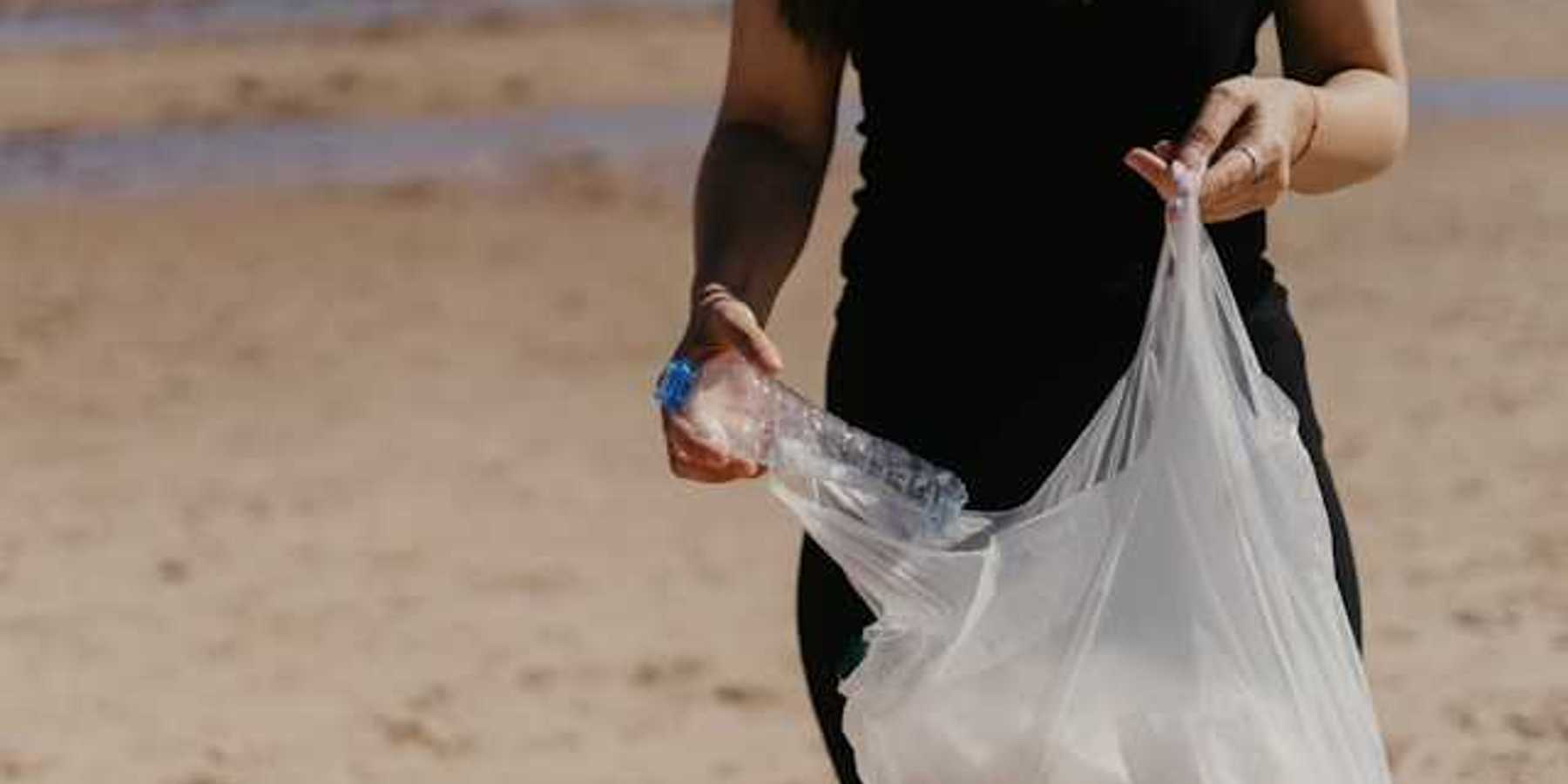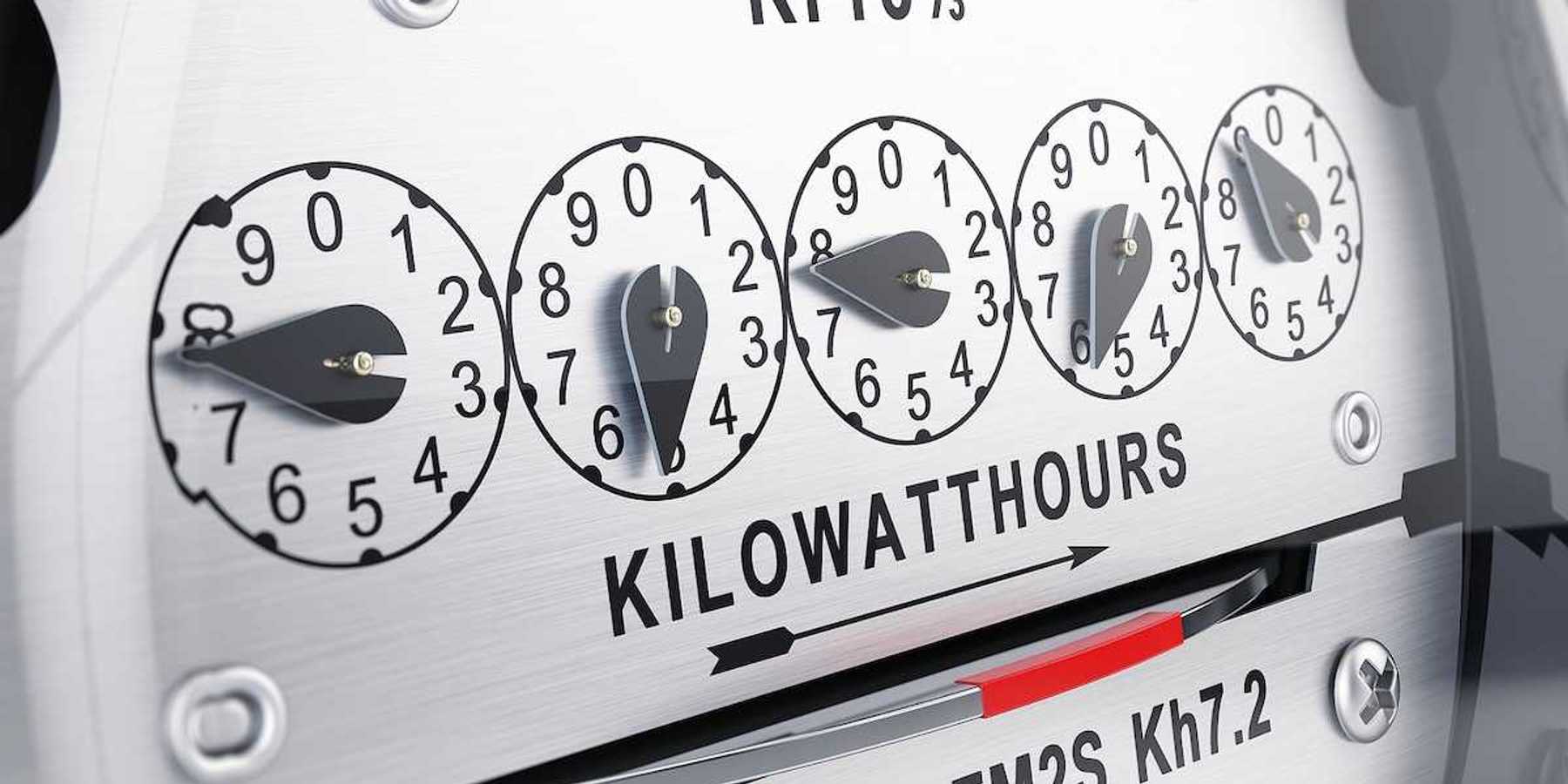
Pete Myers: The past and future of Buckminster Fuller’s energy slaves
We are in something of a race… a race against time and depletion.
Economists like to point to ingenuity, capital and labor as the drivers of economic growth.
They certainly contribute, but today's economy would be vastly smaller than it is were it not for the availability of Buckminster Fuller's 'energy slaves' ... the fossil sunlight that we have tapped for the past three centuries in the form of fossil fuels like coal, gas and petroleum.
As this superb comic—Energy Slaves by Stuart McMillen—lays out, the harnessing of those slaves has transformed the world.
"Bucky saw that coal, oil and gas were batteries for ancient sunshine that allowed civilization to, for the first, live beyond its solar income" available through daily sunshine, McMillen writes in the comic.
We now face two huge problems as a result. One is on many people's minds: climate change, the unintended consequence of burning fossil fuels.
The other is no smaller but less front and center, because people are technological optimists: the civilization constructed using fossil energy slaves may be vastly more complex and energy intensive than what annual solar income can support.
We don't have the technologies that are shovel-ready to replace fossils with solar (including solar derived sources like hydro, biomass, etc.) for all our uses of energy. Some, yes, and there is a great story emerging based on the growth trajectory of renewables.
But for the energy needed to replace today's transportation and industrial requirements, renewables aren't ready to go to scale.
Even if we're lucky and innovation keeps improving their energy density, swapping out the fossil infrastructure and replacing it with something renewables can sustainably support will take decades at best and require vast amounts of capital.
"Today's invisible slave power now operates at a scale that is impossible to replace with human or animal toil," McMillen writes.
Low hanging fruit
Here's a complication, also explored by the comic. Humans are really good at tapping and using the best and easiest resources first… the low hanging fruit. And we've been really wasteful in the process.
"Why care about churning through tons of disposable junk when the energy slaves magically take it away ... The average late 20th Century citizen enjoys a servant count that exceeds the tally of any King Queen or tycoon who live in previous centuries," McMillen writes.
This 'low hanging fruit" pattern means that what remains takes more energy to extract.
"The United States' first oil well needed to sink just 21 meters below ground to strike oil. The 2010 Deepwater Horizon, in the Gulf of Mexico, descended through 1,500 meters of water and then through a further 4,000 meters of crust," McMillen writes.
And, incidentally, "the Macondo oil field below the drilling platform contained a total volume of petroleum that would satisfy world oil consumption for only 12 hours." 12 hours.
What does this mean? In the early 1900s, "one energy slave could drill an oil well and discover another 100 slaves (100:1) to replace himself with," McMillen writes, "today the ratio has slipped closer to 10:1." The lower that ratio falls, the less energy surplus we have to drive civilization's needs.
This ratio is often called Energy Return On Energy Investment (EROI), and it's just as important for renewables as it is for fossil slaves.A race against time and depletion
We are in something of a race… a race against time and depletion.
Against time because the shift to renewables requires decades and vast amounts of capital. Will we complete the transition before some large disruptive global event (nuclear war, cybersecurity attacks, climate change, etc.) so destabilizes our social machinery that we can't afford and can't complete the journey?
Against depletion because, despite all our technological prowess and seemingly endless sources of innovation, the costs of energy extraction may begin to exceed the energy return on energy investment (EROI less than 1).
We're placing almost all of our bets on winning the race through technological improvements. It's worked in the past, underwritten by vast numbers of fossil energy slaves and seemingly limitless opportunities for innovation.What does this mean? In the early 1900s, "one energy slave could drill an oil well and discover another 100 slaves (100:1) to replace himself with," McMillen writes, "today, the ratio has slipped closer to 10:1."
The lower that ratio falls, the less energy surplus we have to drive civilization's needs. This ratio is often called Energy Return On Energy Investment (EROI), and it's just as important for renewables as it is for fossil slaves.
But with the energy demands of 7.6 billion people continuing to grow ever faster, and numbers still increasing, the window for a smooth transition is shrinking.
What's Plan B?













